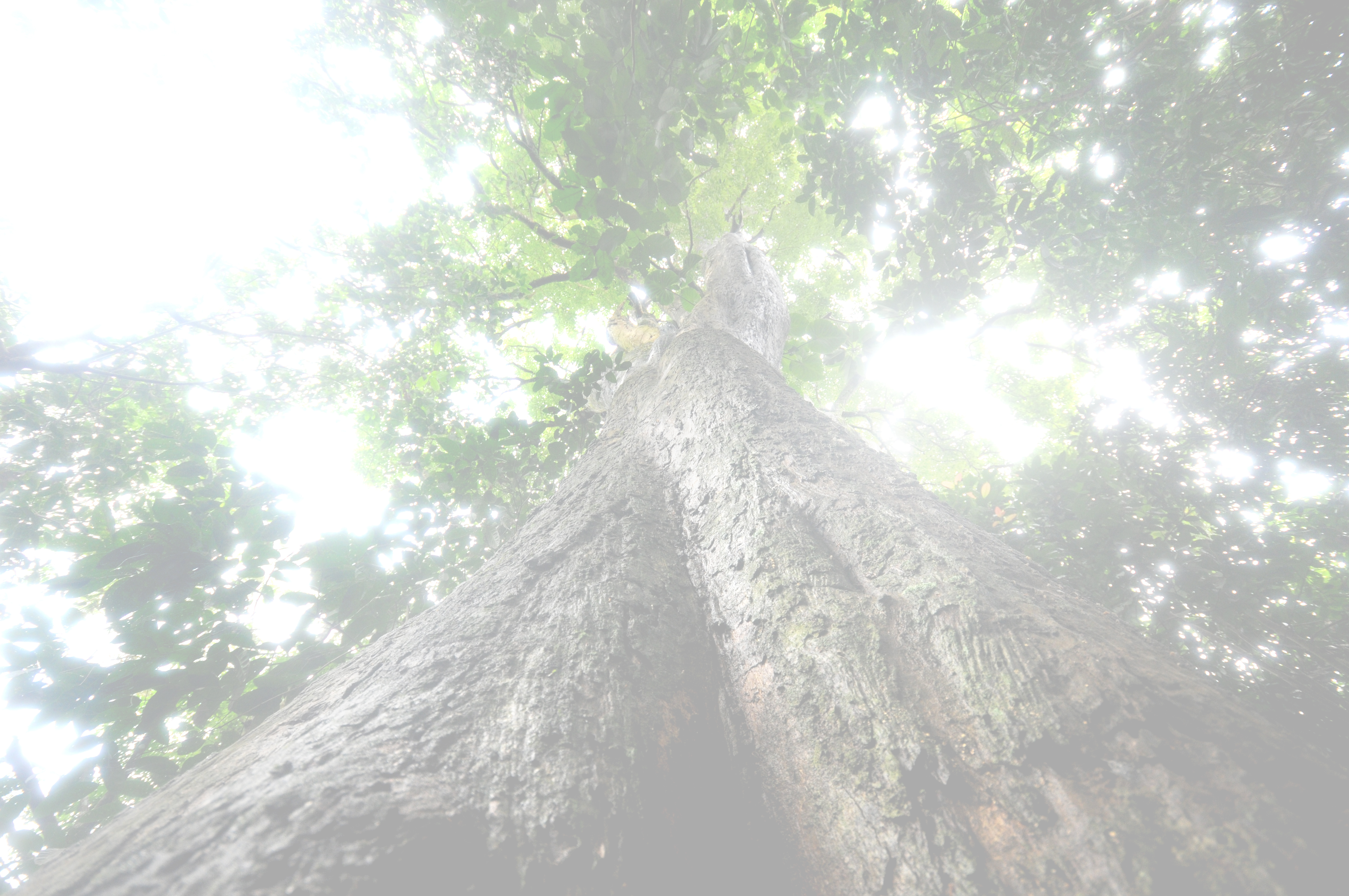Kerala Tourism

Kerala, a state situated on the tropical Malabar Coast of southwestern India, is one of the most popular tourist destinations in the country. Named as one of the ten paradises of the world by the National Geographic Traveler, Kerala is famous especially for its ecotourism initiatives. Its unique culture and traditions, coupled with its varied demography, has made Kerala one of the most popular tourist destinations in the world. Growing at a rate of 13.31%, the tourism industry is a major contributor to the state's economy.
Until the early 1980s, Kerala was a hitherto unknown destination, with most tourism circuits concentrated around the north of the country. Aggressive marketing campaigns launched by the Kerala Tourism Development Corporation the government agency that oversees tourism prospects of the state laid the foundation for the growth of the tourism industry. In the decades that followed, Kerala Tourism was able to transform itself into one of the niche holiday destinations in India. The tag line Kerala God's Own Country was adopted in its tourism promotions and became synonymous with the state. Today, Kerala Tourism is a global superbrand and regarded as one of the destinations with the highest brand recall. In 2006, Kerala attracted 8.5 million tourists an increase of 23.68% in foreign tourist arrivals compared to the previous year, thus making it one of the fastest growing tourism destination in the world.
Popular attractions in the state include the beaches at Kovalam, Cherai and Varkala; the hill stations of Munnar, Nelliampathi, Ponmudi and Wayanad; and national parks and wildlife sanctuaries at Periyar and Eravikulam National Park. The "backwaters" region an extensive network of interlocking rivers, lakes, and canals that centre on Alleppey, Kumarakom, and Punnamada also see heavy tourist traffic. Heritage sites, such as the Padmanabhapuram Palace, Hill Palace, Mattancherry Palace are also visited. Cities such as Kochi and Thiruvananthapuram are popular centres for shopping and traditional theatrical performances.
The state's tourism agenda promotes ecologically sustained tourism, which focuses on the local culture, wilderness adventures, volunteering and personal growth of the local population. Efforts are taken to minimise the adverse effects of traditional tourism on the natural environment, and enhance the cultural integrity of local people.




 Rs 10000 for 2N/3D - Amazing Chembra Trek and Stay in Wood House
Rs 10000 for 2N/3D - Amazing Chembra Trek and Stay in Wood House  Rs 20000 for 4N/5D - Amazing Chembra Trek and Stay in Wood House
Rs 20000 for 4N/5D - Amazing Chembra Trek and Stay in Wood House Rs 30000 for 6N/7D - Amazing Chembra Trek and Stay in Wood House
Rs 30000 for 6N/7D - Amazing Chembra Trek and Stay in Wood House















